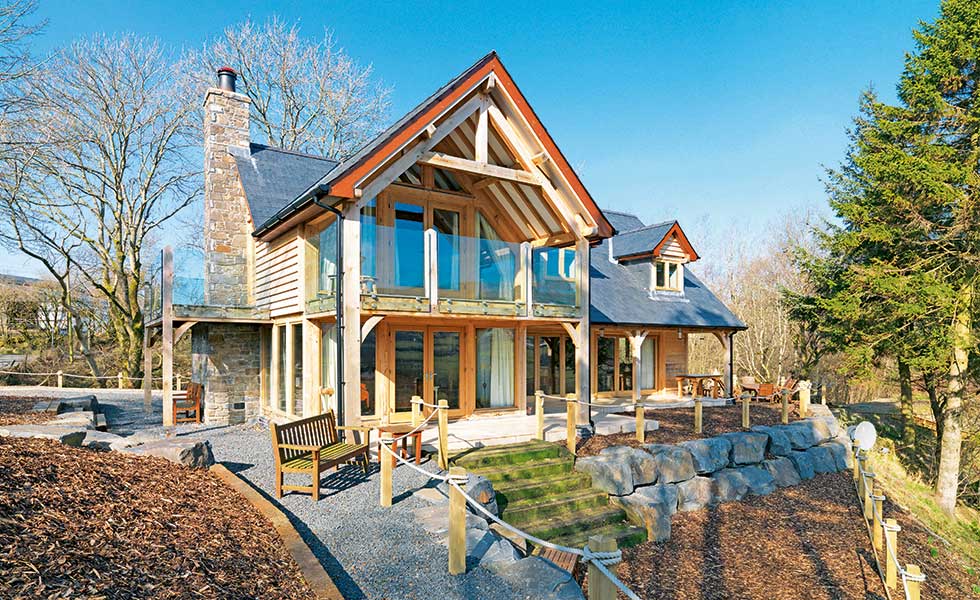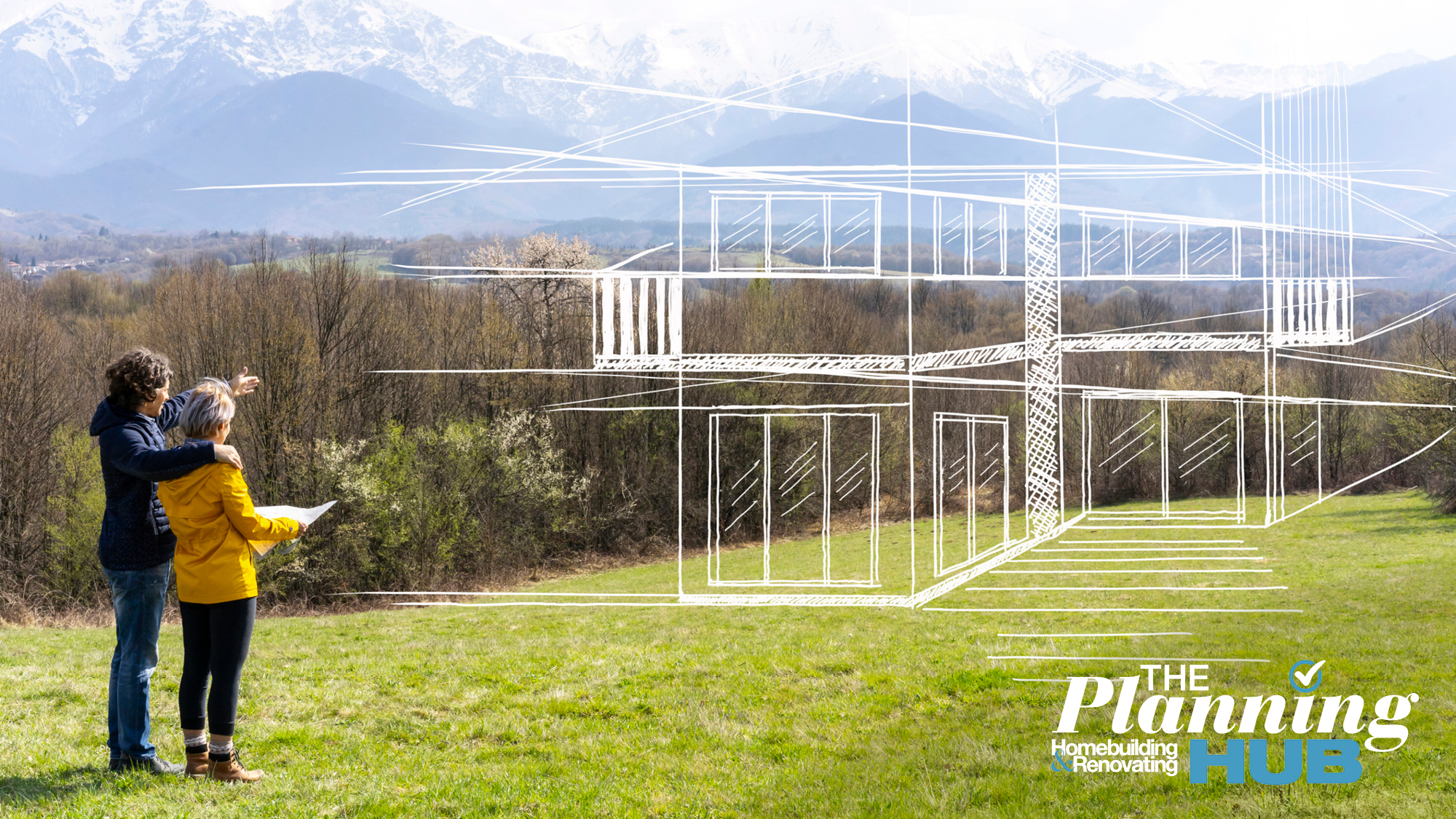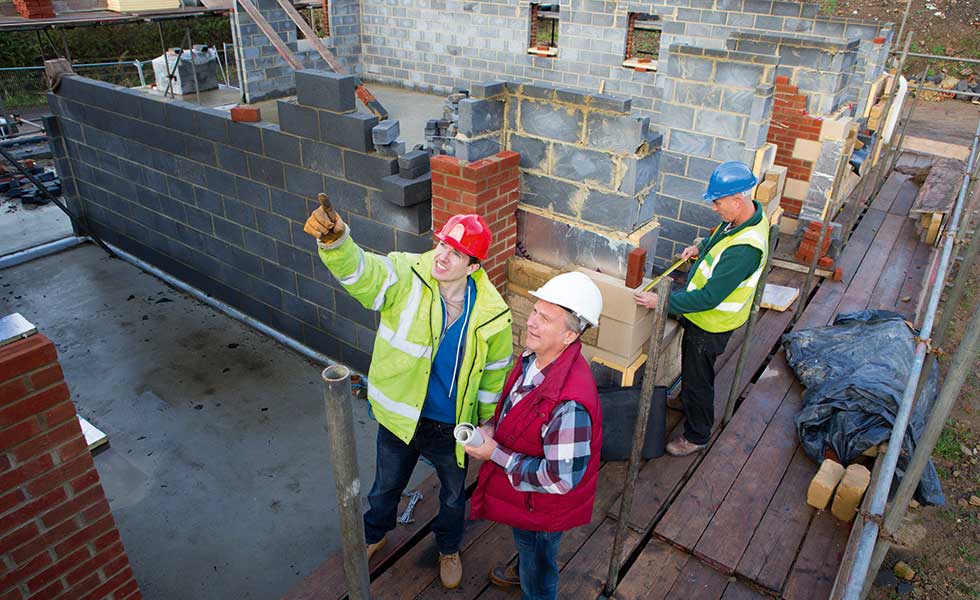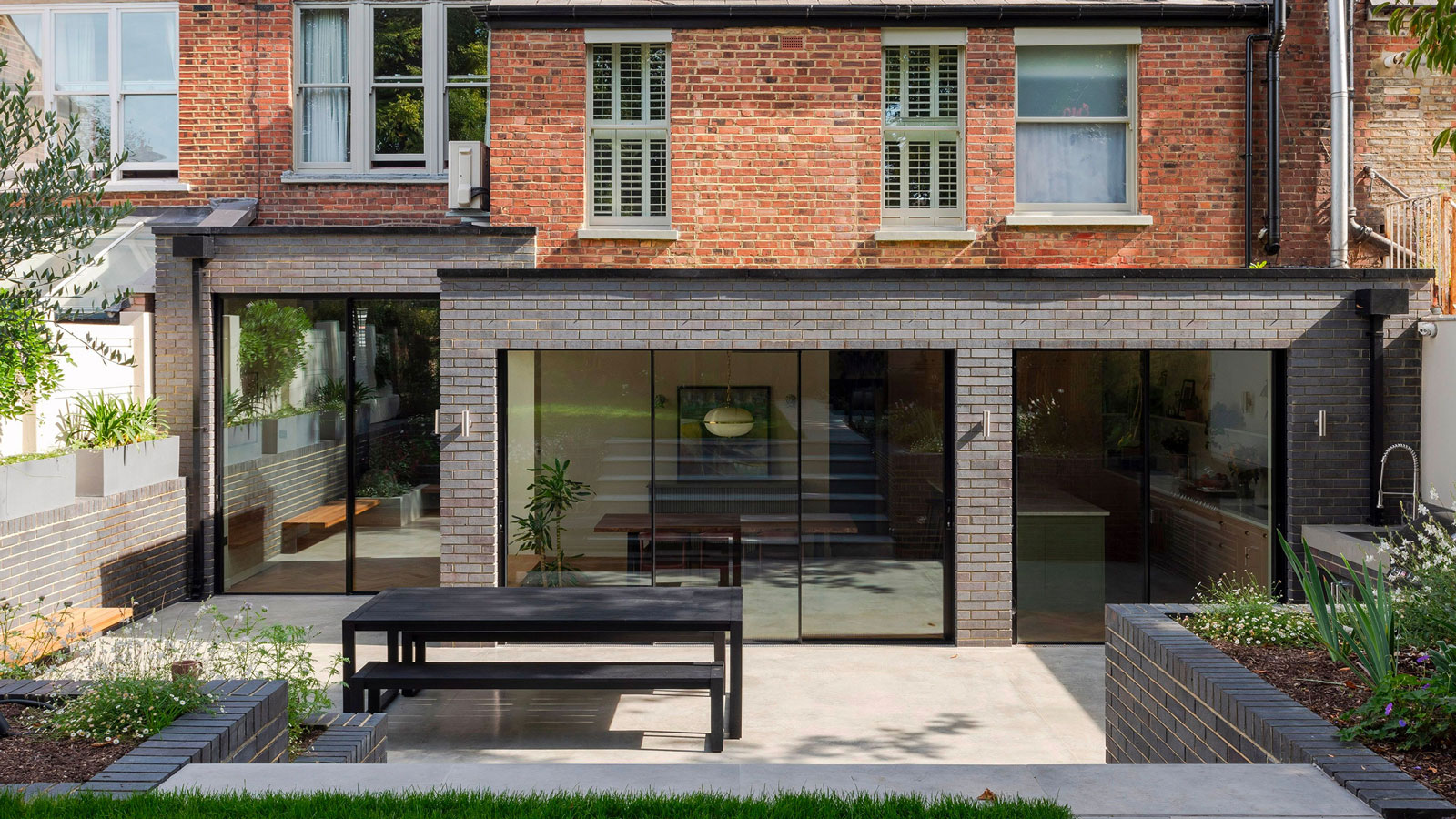21 Top Tips for Self Build Project Success
Advice for self builders based on David Snell's long experience as a self builder

Bring your dream home to life with expert advice, how to guides and design inspiration. Sign up for our newsletter and get two free tickets to a Homebuilding & Renovating Show near you.
You are now subscribed
Your newsletter sign-up was successful
1. Don’t Chuck Plots Away
Year after year there are potential self builders who drive past plots they have rejected and see that somebody else has taken up the opportunity. There are very few perfect self build plots out there. All of them have some drawback or other. Learn to look past what’s in front of your eyes and think about what the plot can be and what you can make it.
2. Gen Up on a New World

The Planning Hub is a new online resource that will help you understand how to get to grips with complex planning rules. Join today for access to easy-to-read guides which will provide you with key information to help you secure planning permission.
When you self build, you enter a world that is completely different to the one that you have previously inhabited. There are new attitudes, new regulations and new disciplines. The building industry possesses a totally unique vocabulary. A stream of new innovations, fashion aspirations and regulations creates an ever-changing environment.
Learn what you can from reading Homebuilding & Renovating magazine and attending the shows around the country.
3. Budget is King
There are very few self build disasters, simply because of the cushion of new equity that most projects produce. Work out your total budget before doing anything about finding land or even thinking of design. Work out what liquid assets and equity you have and add this to your borrowing capacity: that’s your total budget and the one that you need to stick to. Then add a contingency of at least 10 per cent, because the tighter the budget, the more stress there will be, especially at the end.
4. All Aboard!
If your partnership is rocky and you think that taking on a self build together will put it on firmer ground, then you are sadly mistaken. It will blow it to bits! Building your own home is stressful and everybody involved has to be on board. Self build is a joint venture — or nothing.
5. Think About Your Long Term Plans
Ask yourself how long you intend to stay in the new home. If it’s forever and you’re going feet first in a wooden box out the front door someday, then all or any of your decisions can be totally peculiar. If you’re likely to be moving on, then you need to keep a weather eye on the market and a possible resale.
6. Design to The Plot
Many a potential self builder gets really stuck in to the concept of building their own home by producing or adopting sometimes quite detailed drawings of their ‘new house’ before they’ve even found the plot. Admittedly, sometimes, it’s a ruse to generate enthusiasm for the project with a doubtful partner. It’s ‘cart before the horse’.
Bring your dream home to life with expert advice, how to guides and design inspiration. Sign up for our newsletter and get two free tickets to a Homebuilding & Renovating Show near you.
Think of your self build design or accommodation wishes in broad brush terms and then set aside any detailed consideration until you’ve found the plot. It’s the plot that will dictate the final design.
7. Design to the Budget
Your total budget, minus the land costs, is your building budget. Stress to any designer that your budget is sacrosanct. Anything that they draw for you must be capable of being built within that budget. If it’s not, then anything they produce is not fit for purpose.
- How much will it cost to self build? Find out using the Build Cost Calculator
8. Flair and Imagination Count More than Money
You can bung money at the project and then sit back, content that all of your peers will admire your taste and the boldly printed brand names. Or you can use your flair and imagination to make less expensive alternatives look even better. Remember that you don’t have to fill every space. Space can exist for its own sake.
9. Keep the Neighbours On Side
Hardly anybody welcomes new development close to their home. There can be a lot of hostility. Move to negate that. Make the effort. Shake hands with your neighbours and stress that, whatever’s gone before, you’re going to be their neighbour. You’re upsetting the status quo for now. But two years down the line, you’ll be the status quo.

10. Never Pay Up Front
The minute you pay large sums up front or in advance, you’ve lost control of the situation. Never pay large sums in advance. There’s no need. Any contractor pays their labour in arrears (your own wages are almost certainly paid monthly in arrears). Any financially stable entity will be paying for materials in arrears, probably at the end of the month following the month of invoice — up to eight weeks on from delivery.
11. Manage the Budget from Start to Finish
Budgeting isn’t something you do at the genesis of the project and then forget about. It’s an ongoing requirement. Relate all payments to your budget. If it’s finite, then if something goes up, something else has got to go down.
12. Track the Planning
Before you sign off on any design, assure yourself that what you’re aiming to do will fit in with the requirements of the planning authorities, as demonstrated by other recently built properties. Learn all you can about the planning process. Track the progress of your application and be prepared to change or even reverse course. Don’t lose sight of the big picture. It’s not a crusade for a particular concept; it’s a wish to build your own home.
13. Play the Market
That doesn’t necessarily mean that they have to be your best or long-standing buddies, although that’s not a bad idea and, hopefully, at the end of the project, they will be. What it does mean is that you need to find out all you can about them before you employ them. Talk to their previous clients and look at their previous work.
15. Go and Sit On Site When Everyone’s Gone
Soak up the ambience of your new home. Sit quietly, admire the view and plan your garden. Walk through the home and imagine it finished, furnished and bursting with your life. That way, you’ll truly create your own space and make the little, but important, decisions that you can pass on to the labour the next day.
16. Order Items In Good Time
Many things will have a long lead-in time and, unless you are aware of that and order things in good time, you’ll introduce long delays to your project. Idle time on site may mean losing labour to other jobs and it can lead to a general malaise or neglect. Remember, the site that maintains continuity comes in on budget.
17. Don’t Get Hung Up on a Date
It’s good to have aspirations. It’s perfectly understandable to ‘want to be in by Christmas’. But don’t get too stressed about it. In the end it’s just a date in the calendar. Unless there are other pressing reasons, if you’re warm, comfortable and secure where you are, then it’s best to wait until it’s all finished.
18. Make Time to Go Every Day, or As Often As You Can
Appearing on site regularly links you to what’s going on. It affirms that it’s your site and that your, hopefully daily, inspection of progress and work is an integral part of the project. Own your project.
19. Put Setbacks into Perspective
Not everything is going to go right. You’re not going to achieve everything you’d set out to gain. You’ll get most of it and the little ‘losses’ will pale into insignificance. Besides, many things can be changed at some time in the future. Don’t lose sight of the big picture.
20. Ask Yourself Whether You Really Need All Those Gadgets
It’s possible to up the budget by 40 per cent or more by including every new innovation, gadget or eco bling. But do you really need them? The best investment in any home is the insulation — a fabric first approach. It’ll cost a fraction of the cost of the expensive toys that make heat, light and hot water. It’ll retain what heat’s already there in your home and, in the big picture, it’s far better for the planet and your budget.
21. Look to The Detail
What distinguishes a self build home from other new builds are the little details. They can all be incorporated, at no significant extra cost, if you think about them in time. Also consider the hidden details. If you like lying in the bath for hours, then stuffing insulation underneath it before you put the bath panel on will mean that the bath stays warmer for longer. If you fix plywood above windows, behind the plasterboard, then you’ll have no difficulty putting up curtain rails.
David is one of the UK's leading self build and plotfinding experts, and a serial self builder who has been building homes for 50 years. The author of Building Your Own Home, now in its 18th edition, and the Homes Plans Book, David spent decades as a speaker and expert at self build exhibitions such as the Homebuilding & Renovating Show. He also helped countless budding self builders find their dream building plots as part of his long-running Plotfinder Challenge series in Homebuilding & Renovating magazine. He has self built 14 homes.

